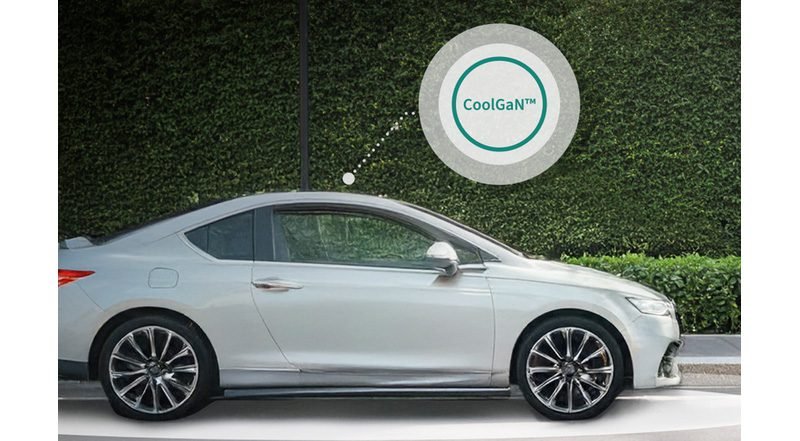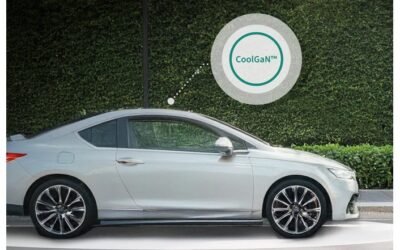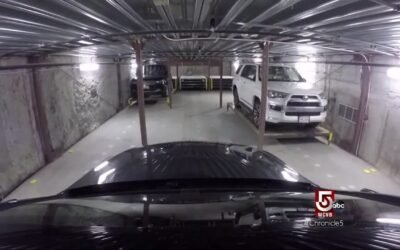This article may contain affiliate links.
It’s fair to say that the vibes from Ford about its ambitions are that it isn’t just talking about the future of driving, it’s setting about building it. Without question, the company’s shift toward electric vehicles isn’t a passing trend or a PR stunt. It’s abundantly clear that a full-scale transformation grounded in sustainability, and innovation is very much on the agenda.
You only have to look at new Ford cars in Paris TX, for example, to see that, in the name of a cleaner planet and a stronger long-term business trajectory, this renowned car maker is committed to going all-in on EVs, but has reigned in its ambition to a certain extent.

We Are Witnessing a Strategic Pivot
For over a century, Ford has always aimed to be at the forefront of innovation. Right back to the days of the iconic Model T right through to a state-of-the-art modern assembly line, Ford always tries to stay one step ahead.
That is very much apparent when you look at how it’s reshaping its legacy around electrification. The company is investing billions into EV technology, battery production and new manufacturing facilities designed specifically for electric powertrains.
Without a doubt, this strategic pivot is much more than a reaction to changing regulations or consumer demand. Ford understands that the automotive world is moving rapidly toward zero emissions, and standing still means falling behind.
Although the iconic car maker accepts the need to head down the EV route, it has some clear concerns about the financial viability of putting all of their chips down on one move.
Taking a Holistic View on Sustainability

When Ford talks about sustainability, it’s not limiting the conversation to what comes out of the tailpipe—or doesn’t—when it comes to EVs.
The company is rethinking how vehicles are made, from cleaner manufacturing plants to responsibly sourced materials and reduced waste.
Ford’s new facilities have been designed to operate with minimal environmental impact. They’re integrating renewable energy sources, cutting water consumption and reusing materials across the whole production process.
This holistic approach ensures that sustainability runs deeper than the vehicles themselves. It’s a philosophy that’s being built into the DNA of how Ford manufactures and delivers them.
A Shift in Ford’s EV strategy
In the last year, Ford revealed to the press that it was dramatically changing the emphasis on where it sees the immediate future when it comes to EV production.
It had planned to introduce a three-row SUV EV, but that idea has been shelved for the time being. In its place, Ford has decided to apply its production resources to a midsize electric pickup truck.
The fundamental issue is that car makers like Ford have geared themselves up for the challenge of producing EVs at scale, but customers have not shown the same enthusiasm for owning one. That means there’s a disconnect between production volumes and anticipated sales.
That will obviously cause concern to a company like Ford when it comes to profitability.
Navigating the Challenges of EV Production
There’s no doubt that transitioning to an all-electric future isn’t straightforward. Battery costs, charging infrastructure and shifting market conditions all pose significant challenges. Yet Ford isn’t backing down. The company is refining its production strategies, improving battery efficiency and scaling manufacturing to make EVs more affordable over time.
It still has plans to start producing a new commercial van at its Ohio production facility by the end of 2026, and there’s a new electric truck scheduled to roll off the production line in Tennessee in about 2027.
These plans demonstrate that Ford is playing the long game by investing today so that it can achieve building stability for the decades ahead.
The evidence is clear that Ford’s EV strategy reflects more than a corporate shift. It’s also something that represents a seismic shake up of the business. By focusing on innovation, responsibility and a clear long-term vision, Ford isn’t just adapting to change, it’s helping drive how the EV future looks. It just seems likely that it will take a bit longer for it to get where it wants to be.
The post In the Name of Sustainability: Why Ford May Be Cautious About Going All-In on EVs first appeared on Clean Fleet Report.
Source link






0 Comments